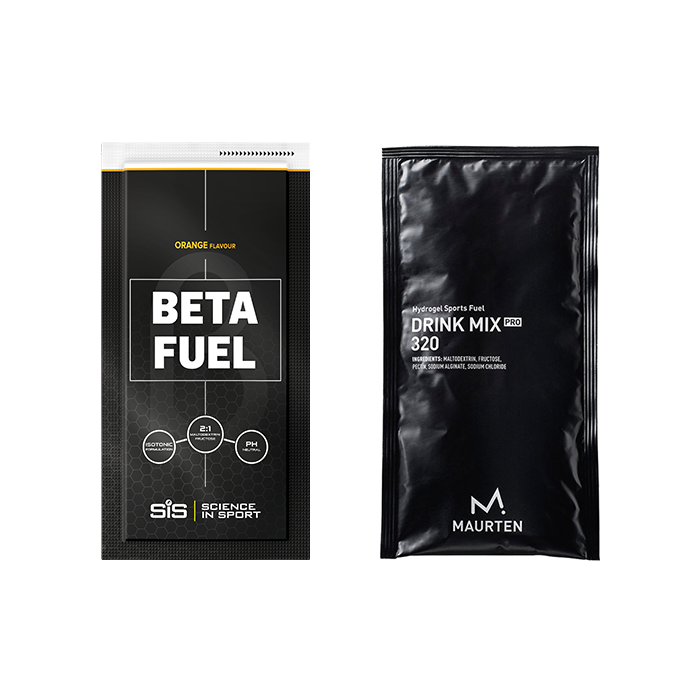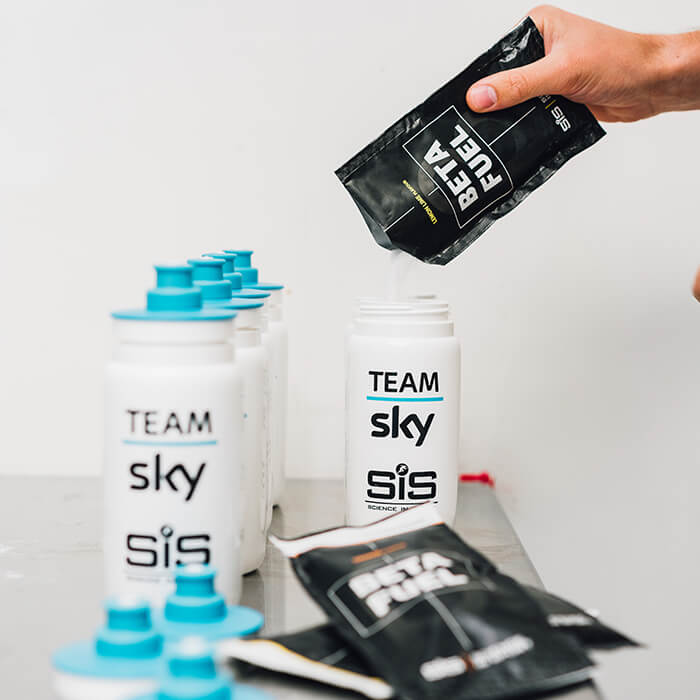
Background
• It is widely accepted that carbohydrate (CHO) fuelling during endurance exercise is required to maintain performance
• The guidelines for endurance exercise > 2.5 h is up to 90 grams of CHO per hour, from dual source CHO, in a 2:1 ratio
• This ingested CHO must pass through the gut to be delivered to the working muscle, presenting challenges in digestion and absorption
• Sodium alginate is a seaweed extract, promoted by some brands to aid in the conversion of a CHO sports drink to a hydrogel in the stomach. Potentially increasing CHO delivery to the small intestine and enhancing exercise performance
Study Aims and Location
• To test the hypothesis that the inclusion of sodium alginate in a dual source CHO sports drink improves performance further than a dual source isotonic CHO sports drink
• This trial was completed externally at the Porsche Human Performance Laboratory
Methods
• 14 amateur endurance trained participants completed 3 exercise trials
• Each trial was a 2 h steady state ride followed by a time-trial effort (TT)
• The 3 trial conditions were 83 g CHO per hour from Maurten Drink Mix 320, 80 g CHO per hour from SiS Beta Fuel and a non-caloric placebo






Login and Registration Form
Sign In